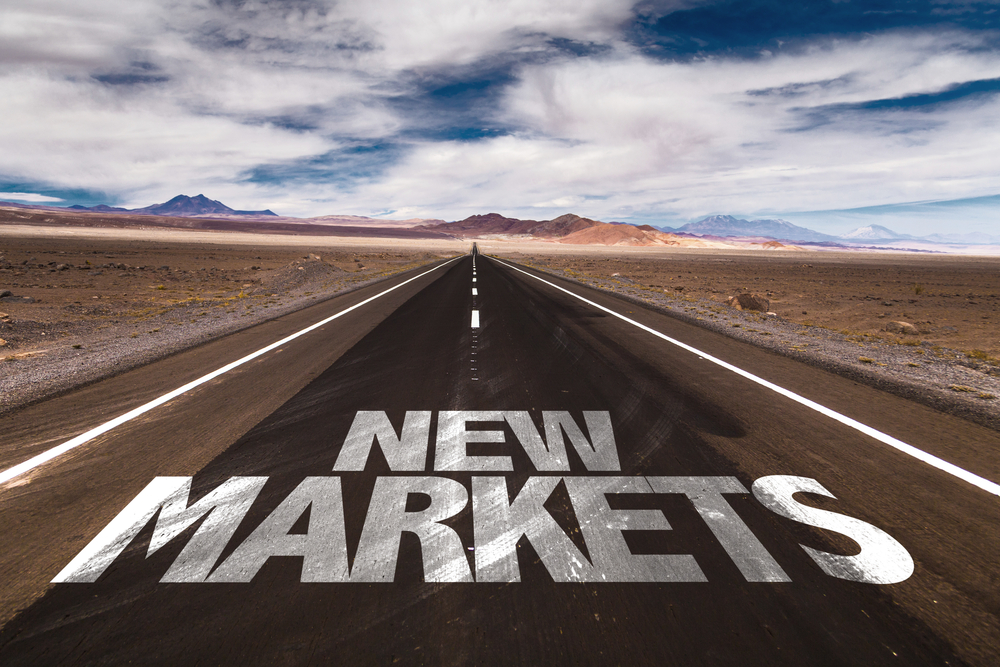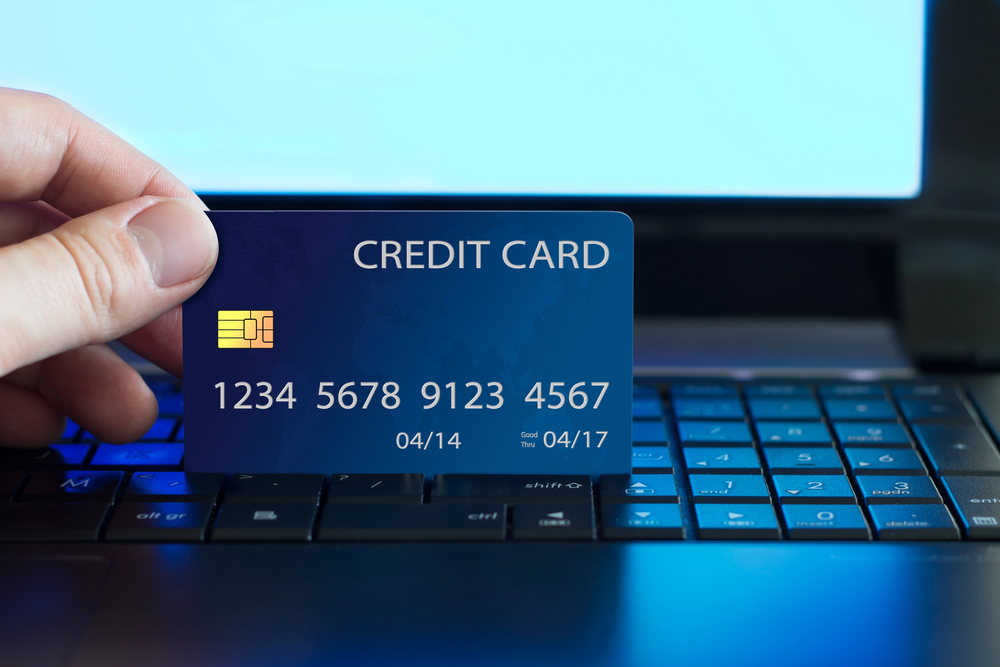
Expansion Part 1: Expanding Your Business into New Markets with DCC, Multi-Currency Accounts, or Incorporation
Oct 6, 2021 2 minute Read
Expanding your business into new markets is a great way increase revenue and meet the demand of customers abroad. With the ease of creating online stores, the process of opening up shop anywhere in the world is absolutely possible but not without jumping over a few hurdles.
The first step towards expanding your business into new markets is to prepare it. Knowing the best processing solution your business needs that meet your target customer’s needs is the first step. With that, there are 3 major possibilities: DDC, currency accounts, and incorporation.
Why a Business Would Want to Open in New Markets
Global expansion isn’t right for every business. There are a few things to consider before expanding, which we’ll get into more in-depth in our part two. For now, we can boil it down to three unique reasons why a business would want to expand into new markets.
- Accept non-local traffic.
- Benefit from less competition outside the local market.
- Increase revenue by capitalizing on price.
If your online store has web traffic outside of your local market, then that’s reason enough to test the waters in that new market. And that should be the first step in determining whether you should open up or not. There’s still reason to do it even if you don’t have traffic, but making the assumption that potential customers elsewhere want what you sell is a big risk.
The 3 Ways a Business Can Accept International Payments
There are three main ways you can prepare your small business for accepting international payments. These are you way of opening up in new target markets; it really can be that simple.
Dynamic Currency Conversion
Dynamic Currency Conversion, or DDC (most bankers call it this), is the simplest way to accept foreign currencies.
What is DDC?
DDC is a service your payment processor can add on to your payment gateway that allows cardholders to pay in their preferred currency, or rather the currency of the region they’re purchasing from, instead of the store’s currency.
For example, a seller in the US will display their products and shopping cart in USD. But that isn’t very helpful for a buyer in the UK. So, instead of displaying the items in USD, DDC will convert it to GBP. This way, the cardholder will see how much they’re actually spending.
How can you add DDC to your shopping cart?
Adding DDC is as simple as phoning your merchant account provider or payment processor, like Stripe. Request to add DDC to your service and it should be a pretty painless experience.
You can also ask your merchant services provider for something called the Planet Payment Add-on. This is what DirectPayNet calls it, but if you’re using a different provider then they’ll call it at least something similar. This add-on hooks up to your shopping cart and acts as a payment processor for all international markets. It’s sort of an in-between of DDC and multi-currency accounts (which we’re talking about next).
Why doesn’t every merchant use DDC?
It would be a good idea for all merchants to have DDC, at the very least. It’s an inexpensive way for business owners to allow international sale and conversions can increase considerably.
What’s the catch with DDC?
The catch is mostly for the customer but can ultimately lead to a chargeback. The amount shown to the customer is in their currency, not the merchant’s. But charges still need to be made in the merchant’s currency. That usually means the conversion rate for the customer is pretty bad and it’s likely to contain some amount in additional fees.
DDC is common all over the world in many formats, not just for online stores. It appears on ATMs, too. For example, if an American is traveling to France and they decide to pay with their card at a restaurant, the POS could ask them if they want to be charged in euros or in dollars. If they choose euros, they’ll pay less than the USD amount displayed. That’s because of the fees and poor exchange rate used to come up with that USD amount. On the flip side, when they select “euros”, you’re the one being charged for conversion.
You can look at this in two ways: the customer gets charged a bit more than if they researched the conversion rate, but they’re paying for convenience; or you charge them in your currency and risk the customer disputing the transaction.
For an arguably better customer experience, having the transaction amount show in a user’s currency is beneficial. Chargebacks could happen in either situation, but that doesn’t mean they will. If you have just a few customers abroad (or none) even outside of your target demographic, then DDC is a good choice.
Multi-Currency Merchant Accounts
Sometimes shortened to just “currency account”, the multi-currency merchant account is one step up from DDC. DDC is good for when you have just a few foreign customers or you want to at least be prepared if it happens; multi-currency accounts are good for accepting and processing a foreign currency.
What are multi-currency accounts?
Currency accounts are merchant accounts that accept and process payments in the foreign currency of your choice. Some providers might require you to request which currencies you want; others might give you a multi-currency account that covers the most popular currencies. You have options.
How can you get a currency account?
You could ask your current merchant account provider about opening up a multi-currency account or you could go to a different provider and apply for one. If you work with Stripe or one of these 3rd-party services, then you’ll have to use DDC.
What’s the catch with multi-currency merchant accounts?
You have to have a bank account that accepts the foreign currency for you to get the most out of it. Technically, your local bank will accept the funds, but you’ll be charged a conversion fee and the rate will be bad.
You can either open a bank account in that currency in your market, say opening an account for GBP in the US, or you can open the bank account abroad. Either way, having this account is the best way to maximize your revenue. You can let the funds sit in this account, accrue some interest, and only withdraw when the conversion rate is at its best.
What other benefits are there?
Besides lower fees and better rates for you and your target audience, currency accounts also let you price test in the new market. We’ll get more into price testing in part two, but essentially you can see what new customers are willing to pay in that new market.
Incorporation
Incorporating in the new market is the top-tier level of accepting foreign payments because you’re opening your business for operation in that market just like in your current market. This is a viable solution no matter the size of your business as long as you have a strong business model and sales to match. Whether you’re an entrepreneur, startup/new business, small business, medium-sized business, or a full-blown corporation, the only thing that matters is sales.
What is incorporation?
You likely already know what incorporation is at this point in your career as an online business owner. Incorporation is different in each country, as every region has different requirements. It can be simplified down to starting and officiating business operations.
How can I incorporate in a new market?
As stated, incorporation difference in each region including the different countries in Europe, even if a single region comprises of multiple countries. However, incorporating in a country within the EU has more perks than most other countries. Here, you can accept payments from anywhere within the EU as everyone uses euros and it’s within the European Economic Area.
Your merchant services provider might help you with offshore business formation. DirectPayNet can assist you with this as well as helping to outline the other steps involved, like opening a bank account in the new market.
Why choose incorporation to expand a business in a new market?
Here’s the deciding factor for whether or not you should incorporate as a method to enter a new location: having at or above a $100K sales volume in that market. Incorporation doesn’t cost a fortune, but it’s definitely the most expensive out of the three options outlined in this post. However, it also comes with the most benefit. If you’re e-commerce business is making over $100K in the market as-is, then there’s obvious market demand for your product. Incorporating may cost you upfront, but the power you have afterward is outrageous. You’re bound to expand your customer base, increase sales, and see exponential business growth.
Now’s the Time to Talk to Your Processor or Provider About Expanding Your Business into New Markets
Don’t put it off. Speak to your payment processor or merchant services provider now about expansion opportunities.
In part two, we’ll cover how you can use social media platforms, marketing strategies/market trends, and other growth strategies for maximizing revenue, improving brand awareness, diversifying your brand, and minimizing risk when expanding into new markets. Market research is always a good idea before taking official measures to enter a market, especially if you’re entering with new products, not just existing products. The right marketing campaigns and messaging can validate the need for your business in that new market. Stay tuned for part two.





3 thoughts on “Expansion Part 1: Expanding Your Business into New Markets with DCC, Multi-Currency Accounts, or Incorporation”